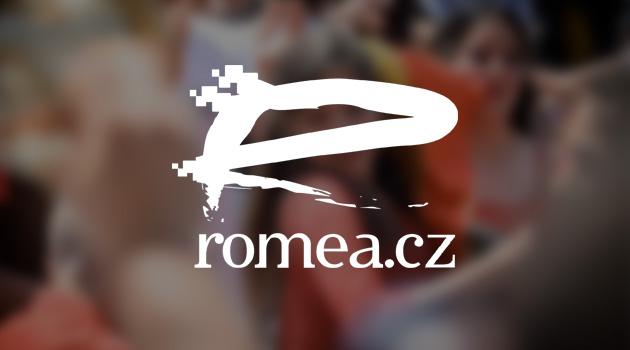BBC reports Twitter makes it possible to target ads at members of hate groups or teens with eating disorders

The Twitter social network has been making it possible to aim advertising at its users according to keywords such as “neo-Nazi”, “white supremacist” or “Islamophobe”. That is the finding of a recent experiment conducted by the British Broadcasting Corporation (BBC), which managed to repeatedly launch paid content to a target group defined in such a problematic way.
After editors brought the problem to its attention, Twitter apologized and claimed to have solved it. Like Facebook and other digital companies, Twitter accumulates information about its users and creates detailed profiles of their interests and life situations.
The platform can then target advertising rather precisely according to advertisers’ requirements, for example, at “parents with adolescent children” or at “amateur photographers”. Twitter claimed to have been removing sensitive terms from the list of keywords usable for these purposes, but the BBC has revealed many cracks in that measure.
For example, Twitter’s ad-buying interface informed those testing it that a message entered under the slogan “neo-Nazi” could reach between 67 000 and 81 000 users in Britain. For the purpose of testing the system, an anonymous account was used to create a fake advertisement with the message “Happy New Year” which was aimed at three different groups using problematic keywords.
After a brief delay, the advertisement was approved and shown to users for several hours before the author deleted it. According to the BBC, it was possible to publish advertisements on the basis of keywords such as “Islamophobes” and “Islamophobia”, for which Twitter estimated a potential audience of roughly 100 000 people.
Another group who could be targeted was Twitter users between the ages of 13 and 24 falling into the categories of “anorexia” and “bulimia”. The social network subsequently admitted that its measure aiming to prevent abuse of its advertising system had not been correctly applied.
“The preventive measures comprise a ban on certain sensitive or discriminatory terms, which we are constantly updating. In this case it was possible to use some of those terms for the purposes of targeting. That was an error,” Twitter said.
The company has apologized for the problem and says it was immediately corrected. This is just one of many such controversial social media advertising cases in recent years.
For example, last autumn The Intercept news server reported being able to target advertising to 168 000 Facebook users whose interests included “white genocide”. The investigative journalism group ProPublica revealed in 2017 that Facebook had been allowing advertisers to target potential audiences based on phrases such as “Hitler did nothing wrong” or “How to incinerate Jews”.
